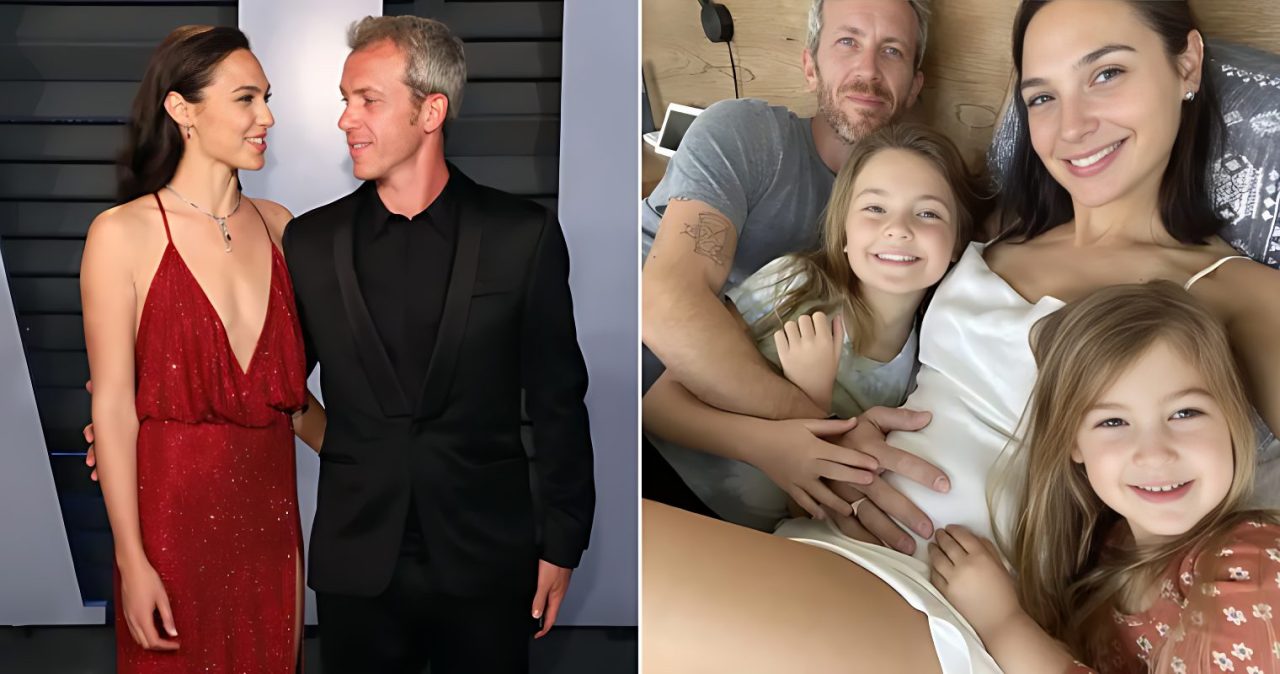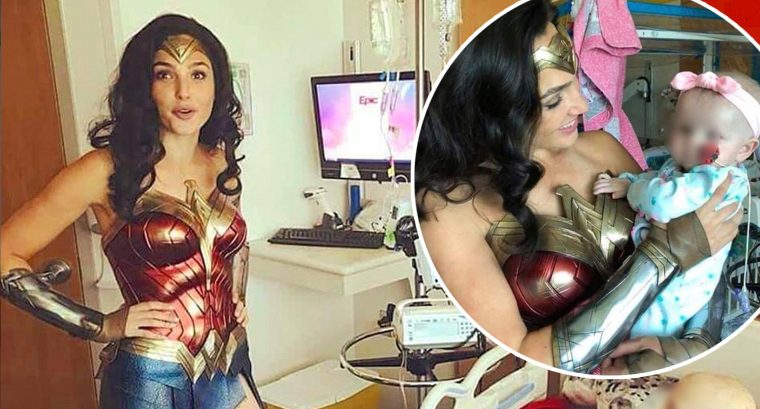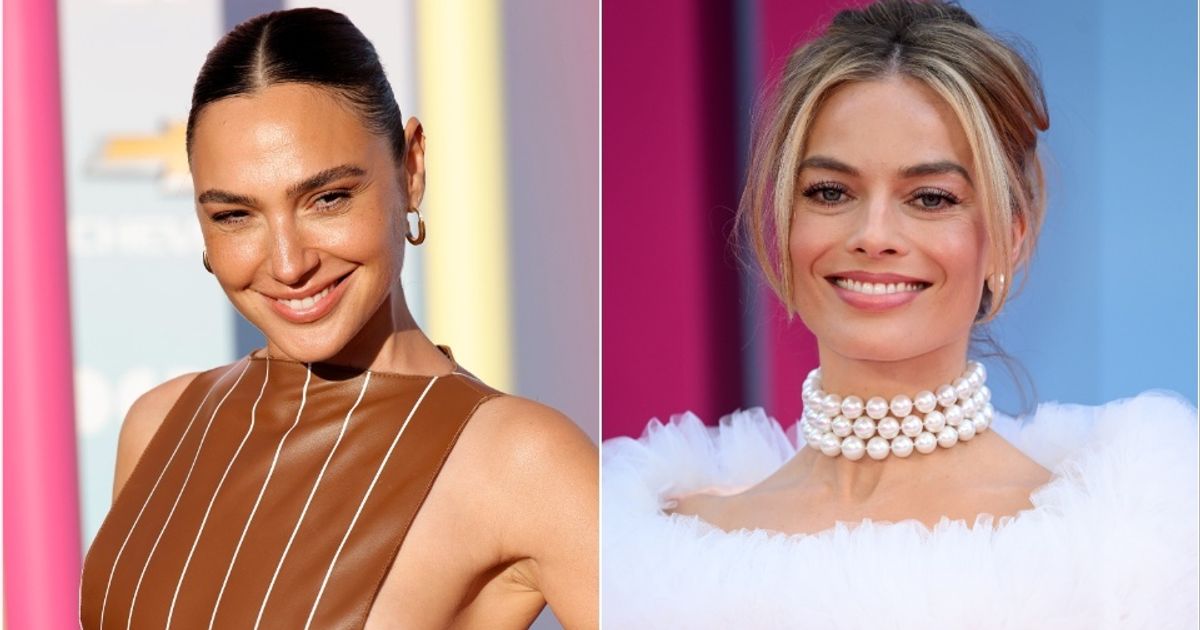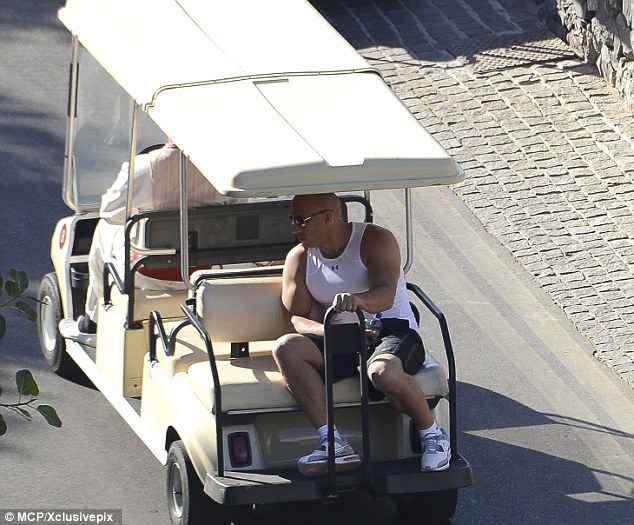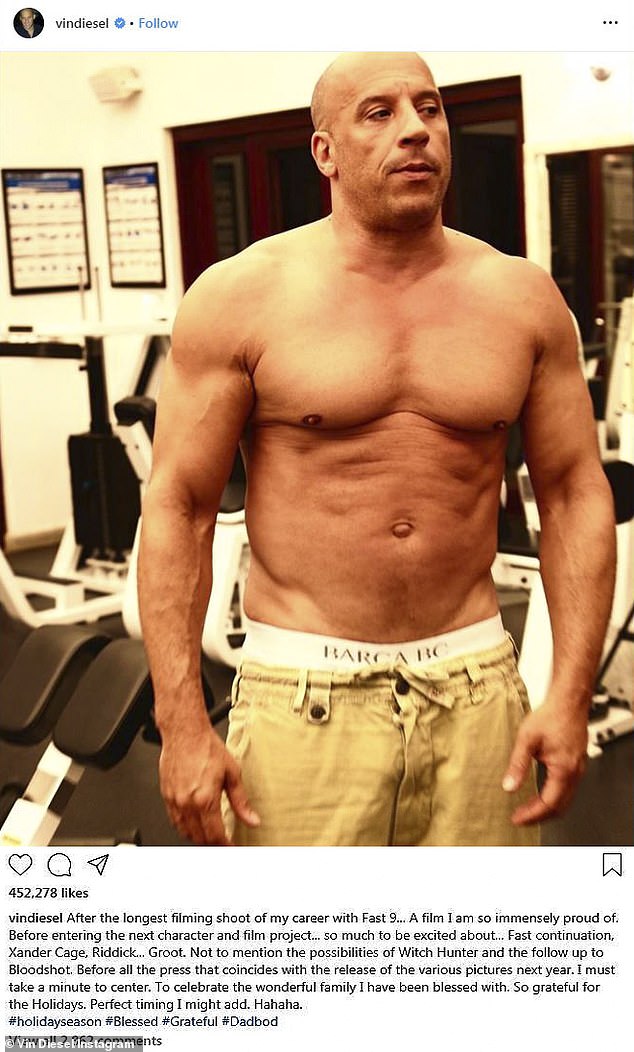As Anne Hathaway addresses the extreme public loathing she endured a decade ago, Christobel Hastings re-examines the rise and fall of Hathahate – and how one of Hollywood’s biggest movie stars outsmarted the sexist script.
It was February 2013, and at the 85th Academy Awards ceremony, Anne Hathaway had just scooped the Oscar for Best Supporting Actress. The win, by all accounts, was no great surprise: throughout the awards season that year, the actor had racked up trophies at the Golden Globes, SAG Awards and Baftas for her compelling portrayal of the doomed Fantine in the big screen adaptation of Les Misérables. Standing on stage at the most prestigious film awards in the world, Hathaway was about to experience a moment most actors dream of. Hollywood’s biggest night belonged to her.
Except when Hathaway took the mic to deliver her acceptance speech, everything unravelled. As she cradled her golden statue and whispered, “It came true!”, the internet unleashed a tidal wave of vitriol. People mocked the darts on her powder pink Prada gown; her doe eyes and too-perfect mouth; her awed, overeager voice. Then there was the speech itself, which was branded rehearsed, calculated and disingenuous. There was no doubt about it: the Oscar-night darling was now public enemy number one.

After the 2013 awards season, the hatred heaped upon the actor became a big topic of conversation. Alongside the everyday cyberbullying, an abundance of think pieces attempted to compile evidence of Hathaway’s most annoying qualities, from her earnest demeanour to her joyful exuberance. “She’s got this theatre kid thing where she adopts the mood of every situation she’s in […] but wildly overcompensates every time,” said critic Richard Lawson. “She always seems like she’s performing, and her favourite act is this overstated humility and graciousness.” In a bizarre scientific analysis, psychology professor Terry Pettijohn argued that Hathaway’s “mature face” was more suited to a challenging climate. “When times are good we prefer actresses with rounder faces,” he explained. So zealous was the public loathing that a new word – Hathahate – was created just to describe the movement.
But while the discourse raged with revulsion, it also became clear that few could really pinpoint exactly how and why Hathahate had come to pass. After all, it hadn’t always been this way. When Hathaway burst onto the scene in 2001 with a star-making debut in The Princess Diaries, the fanbase was positively adoring. Then came her graduation with Brokeback Mountain in 2005 and The Devil Wears Prada the following year, which secured her leading lady status. A few years later, Rachel Getting Married was heralded by the critics as her definitive coming-of-age moment, even scoring Hathaway her first Oscar nomination. Loved by the public and the box office alike, it seemed Hathaway could do no wrong.
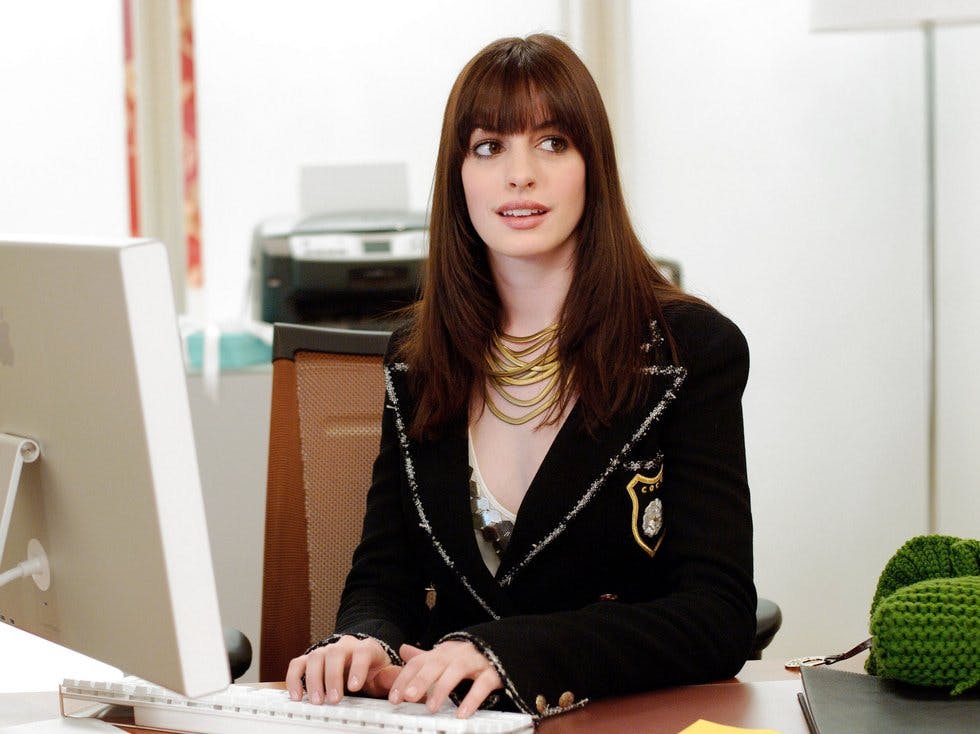
As the noughties drew to a close, however, the tide was beginning to turn. Interestingly, Hathaway’s first public misstep had nothing to do with her acting ability or movie roles, rather an ill-fated hosting gig at the Oscars in 2011 alongside James Franco. Despite Hathaway singing, dancing and changing outfits eight times that night in a bid to entertain, the critics were scathing. “In what could go down as one of the worst Oscar telecasts in history, a bad and risky idea – letting two actors host – played out in spectacularly unwatchable fashion on the biggest of all nights for the film world,” wrote Tim Goodman in The Hollywood Reporter, while LA Weekly branded the gig “the most embarrassing Academy Awards ever”.
“Hathaway’s first public misstep had nothing to do with her acting ability or movie roles”
Hathaway, for her part, tried to take the experience in her stride, admitting that her hosting had been “slightly manic and ‘hyper-cheerleadery’ onscreen”. Franco, meanwhile, made no explanations for his performance, and even added fuel to the fire when he claimed that Hathaway was at least partially responsible for his criticism. “Anne Hathaway is so energetic, I think the Tasmanian Devil would look stoned standing next to Anne Hathaway,” he told late-night host David Letterman in March 2011. Steadily, derision grew. In a now infamous diatribe against the actor in 2012, Alexis Rhiannon summed up all the hate against Hathaway on Crushable. “My my, what a large beautiful mouth. I don’t like it. Look at those dark beautiful eyes. I don’t like them. Listen to her skinny beautiful words. I don’t like them. Shut up. Shut up, Anne Hathaway.” That December, as hype grew around her performance in Les Misérables, the Hathahatred was about to erupt.
The spark that lit the fuse emerged during the 2013 awards circuit. Come the Golden Globes at the beginning of the year, the Hathahaters found fresh ammunition when the actor accepted the award for Best Supporting Actress for Les Misérables with the words: “Thank you for this lovely blunt object that I will forevermore use as a weapon against self-doubt.” Like clockwork, she was roundly accused of being too emotional, too saccharine, too contrived, too pretentious. Later that night, she was accused of of putting on “The Anne Show” after taking the microphone when Les Misérables won Best Musical or Comedy to thank people she forgot to mention in her acceptance speech earlier in the night.
“Like clockwork, she was roundly accused of being too emotional, too saccharine, too contrived, too pretentious”
Hathaway’s win at the Screen Actors Guild Awards later that month also fed into the theory that her speeches were unforgivably annoying. While accepting her award for Best Supporting Actress, Hathaway was branded bizarre and inauthentic when she quipped about being thankful for having dental insurance, unlike her destitute character Fantine in Les Misérables, who resorts to selling her teeth for money. “Let me sum up why people hate Anne Hathaway,” said radio host Howard Stern after Hathaway won her award. “First of all she gets a speechwriter to write her speech. She’s overly dramatic at these award shows. She’s always out of breath. She’s even acting when she’s winning an award.”

By the time the disastrous Oscars ceremony arrived just a few weeks later, Hathahatred reached its zenith. Despite winning the most prestigious award within the international film industry, Hathaway unleashed a new wave of loathing when she referenced the iconic song I Dreamed A Dream in her acceptance speech. For the first time, her career started to falter. “I had directors say to me, ‘I think you’re great. You’re perfect for this role, but I don’t know how audiences will accept you because of all this stuff, this baggage,’” she told Harper’s Bazaar in 2014. There was the emotional impact, too. In that same interview, she described how discovering the intense internet hatred after the Oscars felt like being “punched in the gut”.
“Despite her catalogue of crimes, Hathahate was, ironically, never specifically about Anne Hathaway”
Was Hathaway ever really so unlikeable? Of course not. For despite her catalogue of crimes, Hathahate was, ironically, never specifically about Anne Hathaway. Nowadays, as we reflect upon how the pervasive misogyny of the 2000s wronged so many of our female pop culture icons, it’s clear that Hathaway was simply the victim of a long-held tradition; one in which a talented, beautiful, famous woman is used as a punching bag. Indeed, a Buzzfeed article titled ‘Why Do People Hate Anne Hathaway?’ appeared to unwittingly hit upon this when it highlighted, among many other scathing insights, that “more often than not, there’s no real reason” for hating Anne Hathaway. The sentiment was echoed in a New York Times piece titled ‘Do We Really Hate Anne Hathaway?’. “It’s not really Anne Hathaway I ‘hate’,” said writer Sarah Nicole Prickett, who is quoted in the piece. “It’s all the lesser, real-life Anne Hathaways I have known – princessy, theatre-schooled girls who have no game and no sex appeal and eat raisins for dessert.”
But our story is far from over. In the wake of the Oscars furore, Hathaway disappeared from the spotlight. One might assume that she was too bruised to withstand any more mockery, but it seems that her retreat was a deliberate strategy to allow the pile-on to lose momentum and pivot elsewhere. We know this because Hathaway herself hinted that she was purposefully staying out of the public eye. When asked the reason for her absence in 2013 by the Huffington Post at the Sundance Film Festival, she joked, rather brilliantly: “My impression is that people needed a break from me.” In other words, she was playing the game and waiting for public approval to come full circle.
“As much as staying under the radar was a smart move, Hathaway’s re-emergence was genius”
As much as staying under the radar was a smart move, Hathaway’s re-emergence was genius. After taking a year out, she resurfaced in 2014 with a humdinger of a movie by way of Christopher Nolan’s Interstellar, swiftly followed by earnest musical romance Song One, two roles which showed once more that she had serious range. She styled out talk show interviews with humour and honesty, joking about how her Oscars dress made her nipples look “erect” on The Tonight Show and rapping about the Hathahaters during her next appearance. And she proved that she was bigger than the cyberbullies. “This whole thing has made me a way more compassionate and loving person,” she told Harper’s Bazaar in a triumphant interview. “And I don’t feel sorry for myself.”

By 2017, a flurry of think pieces about Hathaway returned to the media. But this time around, the pendulum had swung back in her favour. ‘You Are Wrong And Also Dumb If You Hate Anne Hathaway,’ read one headline from Observer. ‘It’s Not Cool To Hate Anne Hathaway Anymore,’ declared Vulture. When 2018 rolled around, Hathaway’s star turn as Hollywood It girl Daphne Kluger in Ocean’s 8 was hailed a resounding success. “For a few years there, Hathaway’s presence in Hollywood was attached to the narrative that she was trying too hard to be likeable, that she was embarrassing herself by showing her work,” wrote Jia Tolentino in The New Yorker. “This performance is a statement – Hathaway understands the game she’s playing – and a heist in itself. She runs away with the show.”
Ten years on from the age of peak Hathahate, the era when Hathaway was defined by public loathing now seems like a distant footnote. And yet, her story feels eerily relatable. A woman destined for the greatest heights of success, who instead found herself picked apart for her appearance, personality and talent: every woman is familiar with the narrative.

Ultimately, Hathaway’s plan to wait out the hatred rather than attempt to win over the public worked, and these days she’s back at the top of her game and in the online graces. After recently starring in the live-action remake of Roald Dahl’s The Witches and pandemic-based heist comedy Locked Down, Hathaway returned to the small screen this year in WeCrashed, Apple TV+’s hit series about the dramatic rise and fall of the co-working company WeWork. Soon, we’ll get to see the star in action in Armageddon Time, James Gray’s captivating new film exploring the hopes and heartbreaks of Reagan-era America.
Yes, things have come full circle. And during a speech at Elle’s 29th Women In Hollywood event, Hathaway shared her experiences of the period of virulent online derision, and what what it took to “end” her own self-hatred.
“Ten years ago, I was given an opportunity to look at the language of hatred from a new perspective,” Hathaway shares. “For context – this was a language I had employed with myself since I was 7. And when your self-inflicted pain is suddenly somehow amplified back at you at, say, the full volume of the internet… It’s a thing.”
“When what happened, happened, I realised I had no desire to have anything to do with this line of energy,” Hathaway continued. “On any level… Because there is a difference between existence and behaviour. You can judge behaviour. You can forgive behaviour or not. But you do not have the right to judge – and especially not hate – someone for existing. And if you do, you’re not where it’s at.”
One can only speculate, of course, whether Hathaway draws inspiration from her personal adversity for her professional roles. But the time for speculation is over. What we do know is that Hathaway is a supremely gifted actor, and that she deserves every good thing coming to her. It’s fortunate for us, too, that Hathaway knew the day would come when she would once again have her time in the sun. “You have to remember in life that there’s a positive to every negative and a negative to every positive,” she told US Weekly in the wake of the Oscars backlash in 2013. “Things tip in the scale of the positive. So that is what I focus on.”
source: stylist.co.uk/



